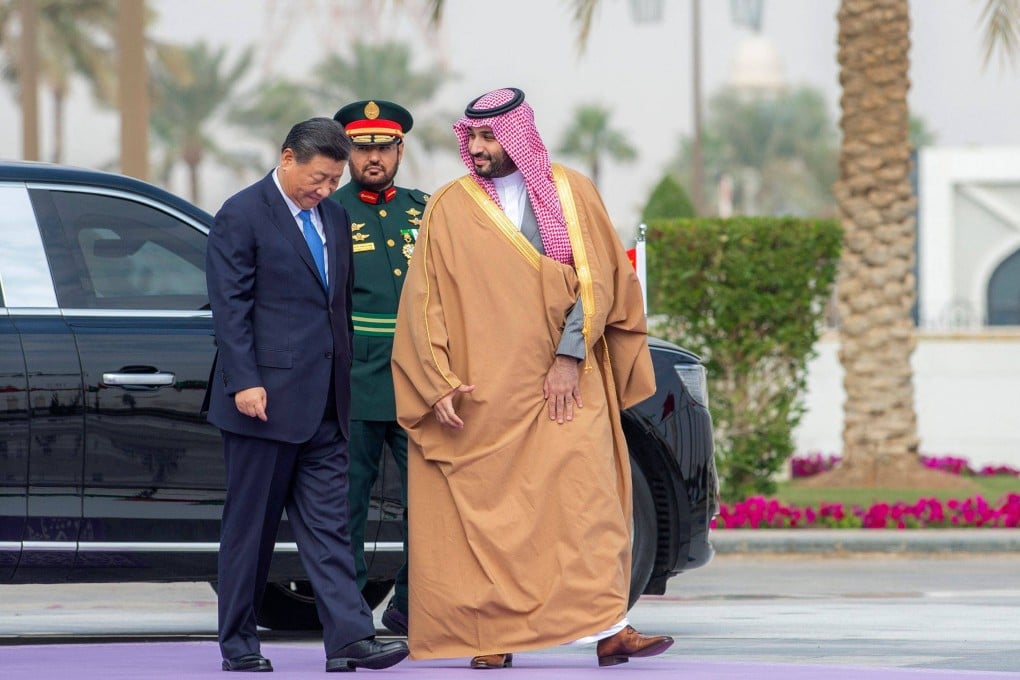The View | How Hong Kong leader’s Middle East tour could herald seismic shift in China-Saudi Arabia relationship
- As geopolitical winds tilt China and Saudi Arabia towards greater interdependence, Hong Kong could play a critical role in unlocking both countries’ strategic objectives
- John Lee must position Hong Kong to deliver unique value in the emerging petro-yuan market in a way that complements Riyadh’s development as a trading centre for renminbi securities

A covert visit by US Treasury Secretary William Simon to Saudi Arabia in July 1974 radically transformed global energy and financial security. An ensuing deal, under which the Middle East kingdom agreed to finance US government deficits in return for American military aid and equipment, laid the foundation for decades of economic growth and prosperity, and extended the dollar’s linchpin role in international financial markets.
Neither experienced in international relations nor well versed in the operations of global capital markets, the former policeman seems an unlikely ambassador for such a mission in financial diplomacy. Then again, William Simon was a brash former bond salesman, hardly known for his diplomatic finesse (he once called the Shah of Iran, a close US ally, a “nut”).
As major exporters, both China and Saudi Arabia have accumulated large reserves of US dollars. The US’ increasing weaponisation of the dollar system against strategic rivals threatens both countries.
